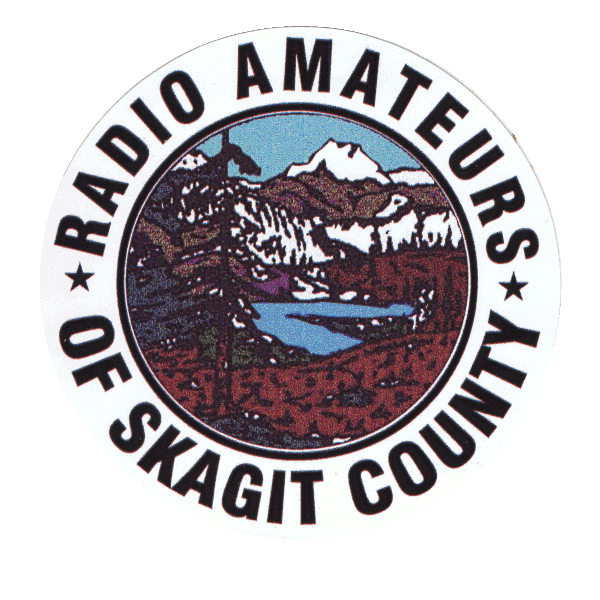What is Amateur Radio?
Often called “HAM Radio,” the Amateur Radio Service has been around for a century. In that time, it’s grown into a worldwide community of licensed operators using the airwaves with every conceivable means of communications technology. Its people range in age from youngsters to grandparents. Even rocket scientists and a rock star or two are in the ham ranks. Most, however, are just normal folks like you and me who enjoy learning and being able to transmit voice, data and pictures through the air to unusual places, both near and far, without depending on commercial systems.
The Amateur Radio Service frequencies are the last remaining place in the usable radio spectrum where you as an individual can develop and experiment with wireless communications. Hams not only can make and modify their equipment but can create whole new ways to do things.
- 755,000 federally licensed amateur radio operators in the U.S.
- Must take written examinations on scientific knowledge and regulations to obtain license.
- The word “Amateur” means operators cannot accept payment for services.
- “Ham radio” is the nickname for Amateur Radio. “Ham” origin is believed to be a folklore reference to early telegraph operators. Hams donate the equivalent of millions of dollars per year in emergency and public service communications.
- Today’s operators use traditional voice, Morse code and state-of-the-art digital modes.
- Amateur Radio is a springboard for scientific and engineering careers.
- No age restrictions to obtain a license. Operators range in age from 5 years to 108 years.
- Wholesome hobby with a great purpose; technology and serving our communities.
- Prominent Americans who are licensed Amateur Radio operators include: comedian Tim Allen, former FEMA Director Craig Fugate, Harvard University President Lawrence Bacow, Nobel Prize laureate Joe Taylor, guitarist Joe Walsh of the Eagles, and astronaut Bob Behnken, who served aboard the International Space Station and who rode aboard the Dragon SpaceX rocket to get there.
Are you interested in joining us as an Amateur Radio operator? Check out the Join Amateur Radio page.

